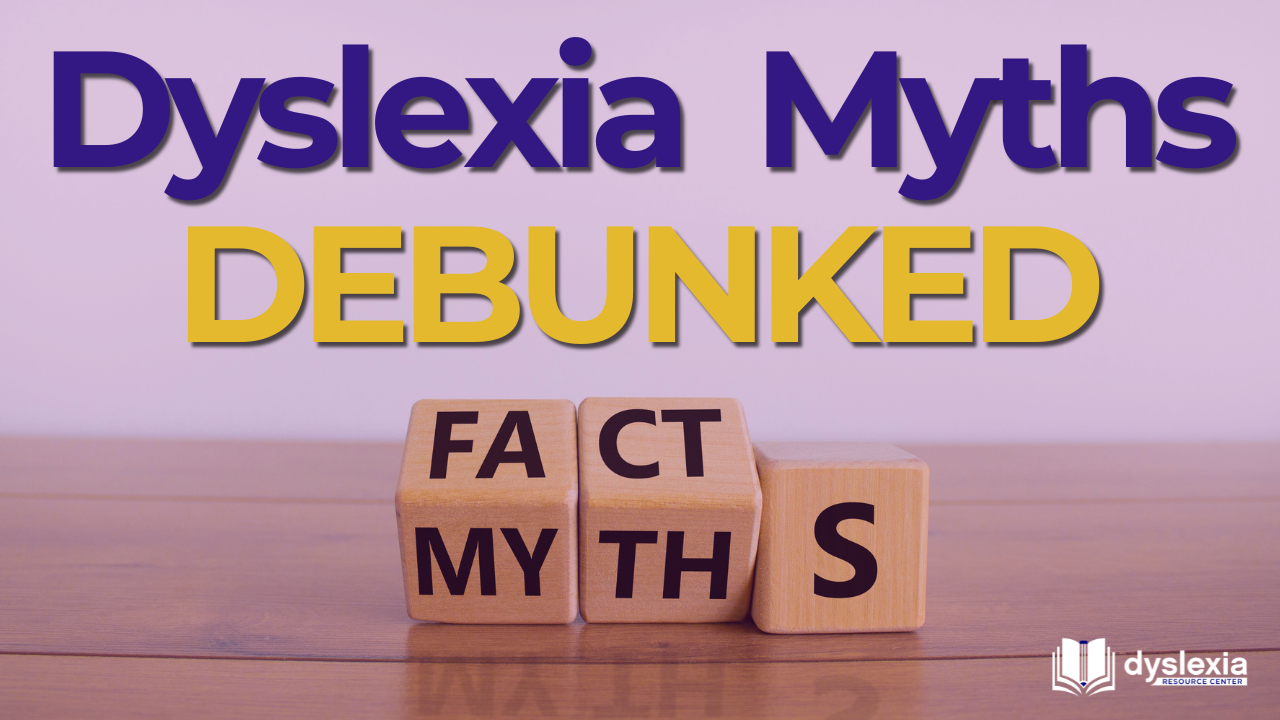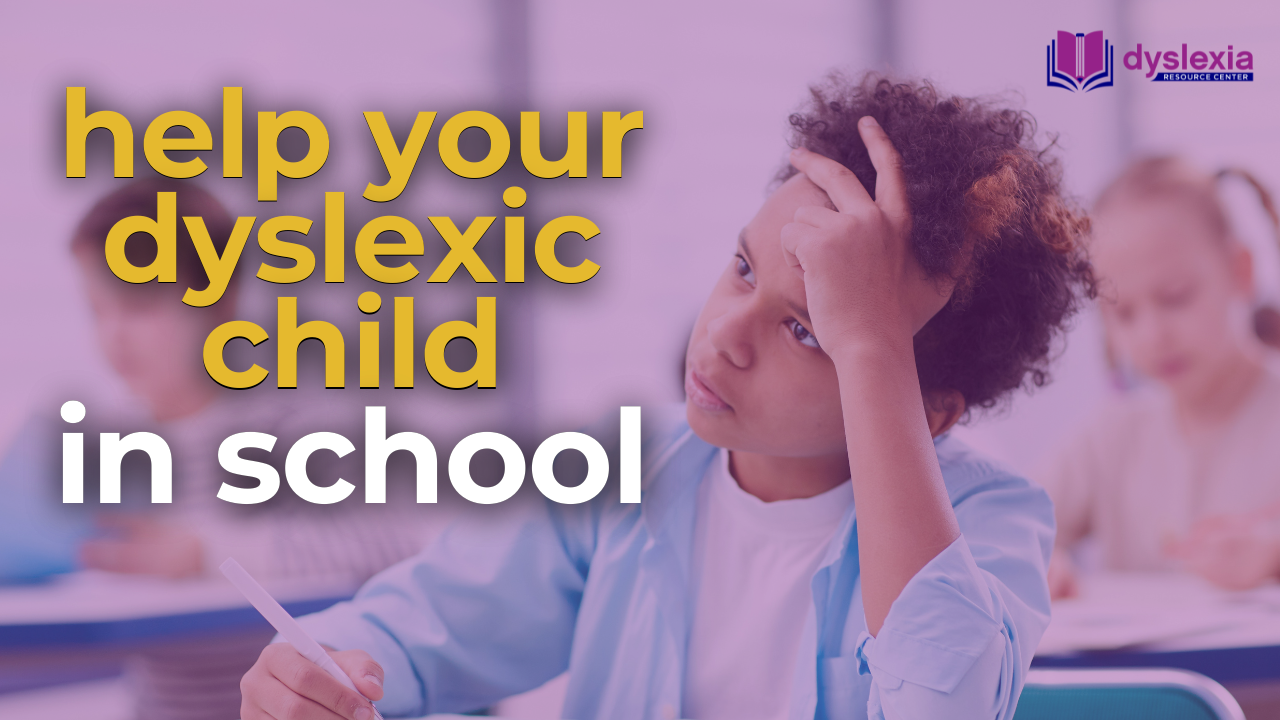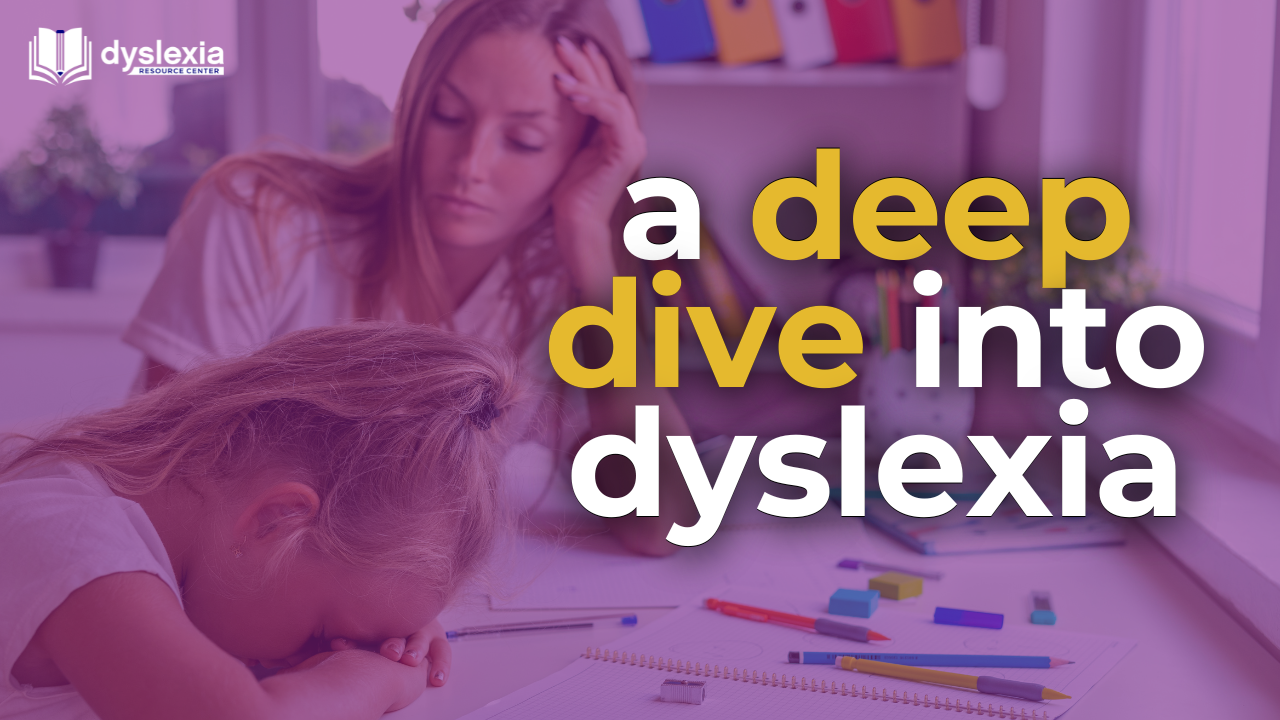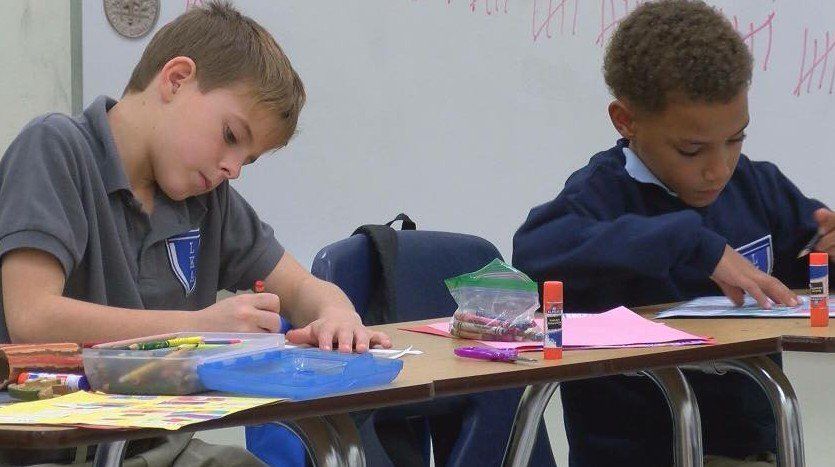Call Us (225) 384-5484
Dyslexia Unveiled: A Parent's Role in Fostering Academic Growth
Being a parent to a dyslexic child comes with its unique challenges, but with the right knowledge and support, you can be a powerful advocate for your child's learning and development. In this guide, we will explore the importance of early intervention, the nuances of dyslexia, and practical ways to nurture your child's strengths while addressing their challenges.

Understanding Dyslexia
Dyslexia is more than a mere difficulty in reading; it's an unexpected challenge for individuals who possess the intelligence to excel in reading. Despite their average to above-average intelligence, dyslexic individuals face a specific issue with phonological processing, a crucial foundation for acquiring reading skills. Identifying and supporting these bright students early on is key to unlocking their full potential.
The Sea of Strengths Concept
Developed by Dr. Sally Shaywitz, the Sea of Strengths concept emphasizes that while dyslexic children may struggle with certain aspects of learning, they often excel in big-picture thinking and problem-solving. Recognizing and reinforcing these strengths is essential for building a positive self-perception, countering any doubts that academic struggles may instill.
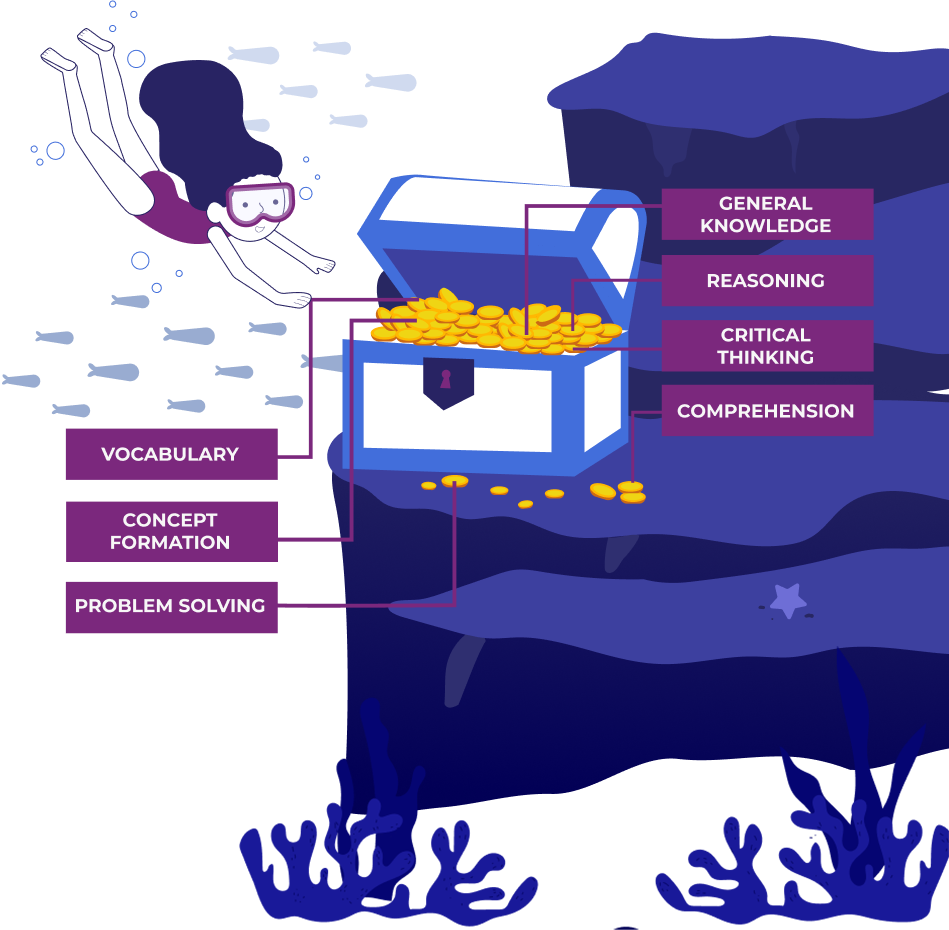
Early Identification and Intervention
The significance of early identification cannot be overstated. By the spring of kindergarten, a child can reliably be diagnosed with dyslexia, allowing for targeted intervention. Testing at this stage helps determine if a child is at risk for dyslexia, particularly if they exhibit signs such as speech delays, difficulty with rhyming, and a family history of dyslexia. Early intervention programs, like those based on the Orton-Gillingham approach, can significantly narrow the academic gap and boost a dyslexic child's self-esteem.
Ongoing Support
Dyslexia is a lifelong condition, and accommodations are crucial as your child progresses through different academic levels. While dyslexia doesn't disappear, understanding the unique needs of your child at each stage is essential. Accommodations, such as extra time, a quiet room, or text-to-speech tools, should be provided consistently to ensure your child can perform at their best without feeling embarrassed.

Empowering Your Child
Encouraging your child to understand and embrace their dyslexia is a crucial aspect of their journey. By fostering open communication, providing necessary accommodations, and instilling self-advocacy skills, you equip your child to navigate the educational landscape with confidence.
Conclusion
As we unravel the science behind dyslexia, it becomes evident that neuroimaging technologies like fMRI offer invaluable insights into the intricate workings of the dyslexic brain. Armed with this knowledge, educators and parents can champion early identification and intervention, empowering dyslexic children to overcome reading challenges and thrive academically.
To learn more about the resources we offer for parents and caregivers, click here!


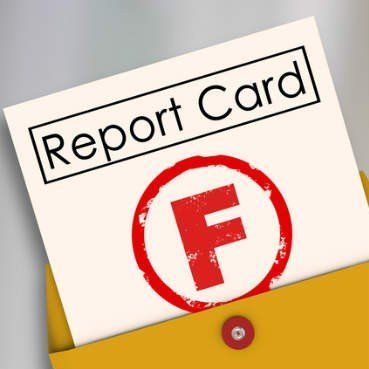
Quick Links
What is Dyslexia?
Dyslexia Services
WHO WE ARE?
The Dyslexia Resource Center was started by a group of concerned parents, medical doctors, and advocates who simply want everyone to know the truth about dyslexia, based on the most current science, and how that knowledge can translate into success in the classroom.
WHAT IS DYSLEXIA?
An unexpected difficulty in reading for an individual who has the intelligence to be a much better reader.
All Rights Reserved | Dyslexia Resource Center

